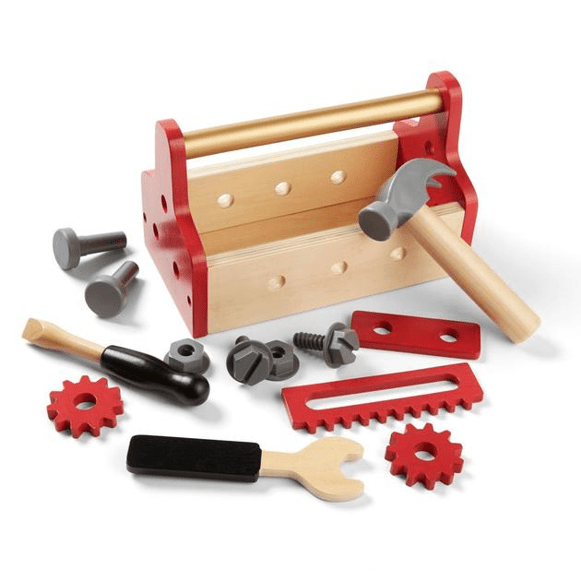The big question and its answer are about solving problems. All the rest are only tools to get them done.
In a world that is daily becoming more binomial (and boring because of it), we need to focus on what really matters: solving problems.
The expectations around a great professional go far beyond the toolbox that is used. They are around on how that person is capable of getting the best of it to solve business problems.
Currently, in the so-called “age of information”, data is more relevant than it ever has been. This is repeated daily in most of our networks. Any data professional – from data engineers, data modelers, data scientists or whatever job title you have – need to know in practice how to address the challenges of a client. Identify the issues. Be clear about what the problem is.

This is the first step. Once you get to know the problem, you move forward to understand stakeholders’ interests to then start listing the options for possible solutions. The desired professional is the one that knows how to evaluate these options, select some of them and afterward open the toolbox to choose the best tool, which might be Python or maybe R (or another). And I am not even entering into the algorithm’s world discussion. They are only tools.
Some may think that it is true, but employers never wanted unicorns. What they are keen to see is an employee, regardless of the level, with the ability to handle difficult or unexpected situations in the workplace. They rely on professionals who can assess a situation and calmly identify solutions. Problem-solving skills are traits that enable you to do that.
And there is more: to solve a problem effectively, you will likely use different skills and tools. Now, think about how much time you probably saw people spending on a discussion about what they should learn first, what are benefits of X in confront with Y and so many other not relevant discussions.
For beginners, pick up one tool and master it. But not in the fact that you now that running 1 line of code is better than running 3. Master it showing that by knowing that tool you can solve a problem. Then you move to the second one until you have a rich and complete toolbox to assess many situations. You will become a specialist about something, which is great because you will be then the problem solver of this something.
On the other hand, experienced professionals need to be away from that tool evangelism. I have seen people doing things in R that a Python evangelist would doubt. And the inverse situation is true as well. Once I even saw one person that programmed an OLS in SQL!
If you want to be on the select list of people that are promoted, resilient to economic crises and waves of job cuts, be – whatever the job you have – a problem solver. Problems are like being hungry: they are there every day and people will always have to eat. Feed them!
